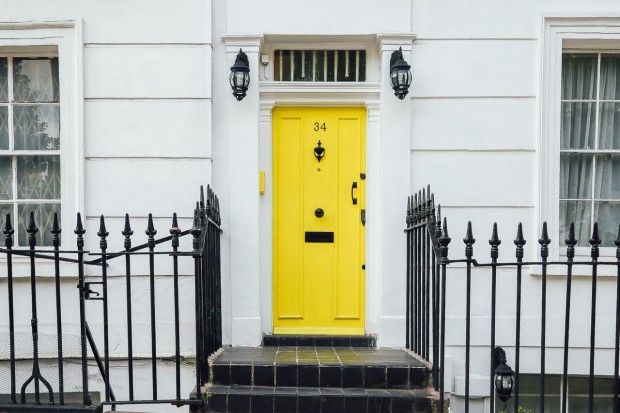We’ve all done it—that moment of dread when you’re stood on your doorstep in the pouring rain, shopping bags slowly disintegrating into sludge as you root around in pockets, bags and even check under the flowerpot for your keys.
When you eventually resign yourself to the fact that your keys are lost, your first priority is to call a locksmith to gain access to your property, but how can you be sure your home is safe?
Choose a professional locksmith
For most of us, the key [pun intended!] determining factor in choosing an emergency locksmith is response time—we’d all rather be back under a warm roof as quickly as possible. But we should rather be more conscious of choosing a top-quality service and a professionally licensed locksmith.
There are 6,500 unlicensed locksmiths operating across the UK, which poses a number of security threats to your property. Firstly, you can’t be sure an unlicensed locksmith is properly trained to gain access to your home without accidentally damaging to your door lock, nor can you trust they won’t deliberately leave your home vulnerable and return later.
Banham locksmiths recommend choosing a locksmith that is Master Locksmiths Association (MLA) approved, which means they are highly trained and reputable. Choosing a professional locksmith means you can be confident your home remains safe and secure. A professional locksmith might even identify problems with the installation of your lock they can repair or upgrade, and won’t charge you an arm and a leg for doing so.
Always change your door locks
Most locksmiths use a non destructive way of opening to enter your property that includes picking the lock. Once you’re back in your home, your spare key will still work, but so will your original set and any copies that are now in the hands of someone else. Not knowing if someone else has access to your home is simply not a risk it’s worth taking, so ask your locksmith to rekey or change your door locks.
Of course, if you use a locksmith to let you back into your home and find your keys lying on the sideboard where you left them, you likely won’t consider needing to change your locks—no one else has or had access to your keys after all. But the process of picking a lock can cause damage that may leave your home more vulnerable to break ins in the future. You should still, therefore, consider changing your locks.
Some doors cannot be opened by a locksmith without ‘forcing’ or snapping the door lock, meaning you will certainly require a new lock to be fitted. A professional locksmith will be able to let you into your home without causing any damage to the door itself, but uPVC doors in particular must nearly always be fitted with a replacement locking cylinder and key.
Layer up your security
A professional locksmith can provide homeowners with a free on site security survey on a call out and especially after a break in, complete with advice on how to improve the security of your property and help you regain some peace of mind.
Many locksmiths work within security companies, meaning they can also give advice on other security measures you might consider for your home, such as burglar alarms or CCTV. Both of these security solutions can act as deterrents and provide a second layer of security for your home and are a recommended investment, especially if you forego changing your door locks every time you misplace your keys.
Another security solution you might consider is keyholding. Keyholding companies keep a spare key to your residential (or commercial) property for use in case your key is lost or stolen, and specially licensed staff can make both emergency and pre-arranged call outs to grant you or a designated personal access to your home. It is a useful resource to prevent you having to call out an emergency locksmith if you are locked out again.











